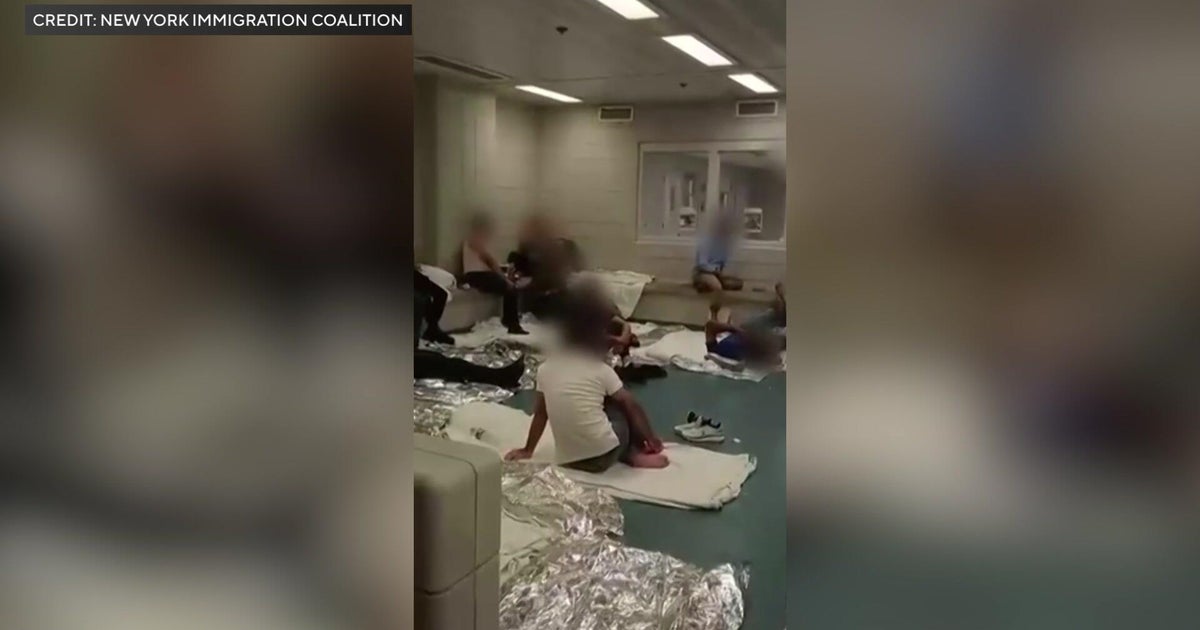In a significant judicial ruling that underscores ongoing tensions between human rights concerns and immigration enforcement policies, U.S. District Judge Lewis Kaplan intervened to impose critical standards in the handling of immigrants detained at a federal facility in New York City. On a Tuesday, Kaplan ordered a temporary halt to the use of the federal building located at 26 Federal Plaza for holding immigrants facing deportation under current conditions, unless serious improvements are made. This decisive action by Kaplan came after revelations of substandard conditions at the site that sparked public outcry and legal challenges.
At the heart of the controversy are the conditions under which detainees are held at the facility in downtown Manhattan. The hearing prior to the judge’s ruling uncovered numerous issues, including the absence of sleeping mats, unacceptable hygiene products availability, and a lack of essential services. This federal site, primarily intended as a processing center, has often functioned under scenarios that one might deem suitable only for very short-term stays. However, evidence brought forward suggests that individuals have been kept there for extended periods, in some cases spanning multiple days, without the provision of adequate care or basic human necessities.
During the hearing, inadequacies were admitted by a government lawyer, with detainees confined to receiving only minimal provisions—namely, two inadequate meals per day and mere blankets instead of proper sleeping arrangements. Legal access was also severely compromised, with the facility not allowing in-person visits from attorneys due to its specific layout constraints. Furthermore, critical health needs were unmet as detainees were reported to lack proper access to medication. These alarming conditions prompted Kaplan’s ruling which stipulated that the number of detainees held at the facility must be reduced, and the conditions dramatically ameliorated.
Kaplan’s judicial order mandated that ICE (Immigration and Customs Enforcement) could continue to use the facility only if it met certain enhanced standards. These include providing detainees with clean bedding mats, regular opportunities to speak with lawyers, and sufficient healthcare access including medication. The standards extended to hygiene provisions whereby detainees must have access to essential products such as soap, towels, and toothpaste. Additionally, the cleanliness of holding areas needed to be secured through thrice-daily cleaning regimens. The temporary restraining order is poised to last for 14 days, during which time these adjustments need to be implemented to avoid a longer-term shutdown of the facility’s operations concerning long-term detentions.
The facility’s subpar conditions had been thrust into the spotlight not just by legal testimonies but also by a chilling visual account. A video released by the New York Immigration Coalition, and subsequently verified by CBS News New York, prominently showed the stark conditions on the 10th floor of the Plaza. It captured over two dozen people crowded in a room furnished with nothing but towels and foil blankets. The sanitary facilities were crudely fashioned, with minimal privacy, cornering detainees in an environment that strips them of basic dignity.
This scenario at 26 Federal Plaza is not isolated but part of broader national enforcement trends under current immigration policies spearheaded by the Trump administration. These policies aim at intensifying detention regimes, as evidenced by ICE’s drive to expand its infrastructure to accommodate rising numbers of detainees amid record-setting deportation efforts. Latest data indicated nearly 60,000 detainees held across various facilities, with efforts underway to enlarge operational capacities through new sites and agreements even considering military installations for immigration purposes.
The advocacy against these harsh conditions and for detainees’ rights has been strong, spearheaded by organizations such as the American Civil Liberties Union (ACLU). Legal actions and public advocacy efforts aim to cast a spotlight on what they deem as inhumane and unconstitutional treatment of individuals awaiting possible deportation. The recent court ruling by Kaplan symbolically and practically upholds this call for a humane approach to immigration, emphasizing the need for rights and proper conditions regardless of immigration status. Critics of the facility’s operations, including NYC Comptroller Brad Lander, perceive the ruling as a necessary rebuke of flawed and cruel administrative policies.
While the Department of Homeland Security (DHS) disputes the claims, asserting that conditions across ICE facilities meet national standards often surpassing those for domestic incarceration, the lived reality and testimonies from the ground present a starkly different narrative. Amidst these conflicting viewpoints and the ensued legal battles, the plight of detainees at 26 Federal Plaza has become emblematic of larger systemic issues within the U.S. immigration enforcement framework—issues that evoke crucial questions about the balance between immigration control and fundamental human rights.









